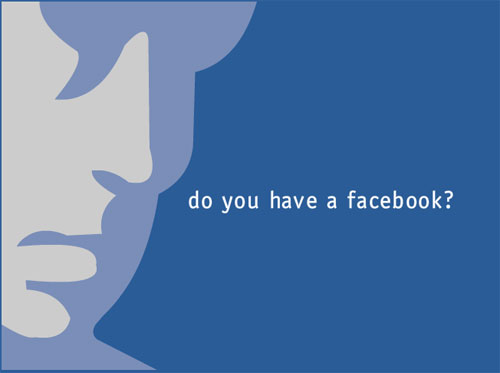I'm going to submit this one without much comment, I'd rather you, the gentle readers, think about it's relevance, accuracy, and relative importance for hiring, job seeking, and for the million, (billion?), dollar industry that provided employment screening, background checking, and various other pre-employment services.
Dateline: Chicago
The Chicago Tribune article describing the findings of a Northwestern University study, led by Management Professor Donald Kluemper, that attempted to test the theory that quick, 10-minute scans of a job candidate's Facebook profile would be a better indicator of eventual job performance than the typical behavioral and IQ tests that many companies administer as part of the screening process.
What did the study find?
From the Trib piece:
"Hiring specialists were just trying to eliminate someone who was doing something inappropriate," Kluemper said. "What we did is try to assess the personality traits in a similar way that they might be assessed by a standardized test."
Several "raters" were given two hours of training on how to evaluate a Facebook page and answer specific questions relating to personality. They would then spend five to 10 minutes evaluating pages; a total of 274 were reviewed.
This excerpt from the study shows the type of indicators they were looking for:
"Those high in agreeableness are trusting and get along well with others, which may be represented in the extensiveness of personal information posted. Openness to experience is related to intellectual curiosity and creativity, which could be revealed by the variety of books, favorite quotations or other posts showing the user engaged in new activities and creative endeavors. Extroverts more frequently interact with others, which could be represented by the number of SNW (social networking websites) friends a user has."
The researchers followed up with the job candidates after six months and got performance reviews from the supervisors of 69 of them, about 25 percent of the original group. Across the board, the study found that these relatively quick Facebook evaluations more accurately predicted success than standard tests.
Interesting. For this, admittedly small, set of candidates/new hires scanning Facebook profiles for 10 minutes and drawing conclusions from those reviews turned out to be a better predictor of job success than the usual tests and screens.
I said at the start I would submit this without comment, so I will, but I'd like to offer one question to folks that read this and have a stake in the sourcing, screening, assessing, and hiring game.
And that is this - since scores of people (candidates), today freely and willingly offer up so much of themselves online and on social networking sites I wonder if the primary challenge to candidate sourcing, screening, etc. in the future is figuring out the best way to evaluate and interpret this data in a way that does not run afoul of the myriad laws and regulations associated with hiring, but also provides an accurate, predictable, and reliable method to assess these profiles and personas against established predictors of job success.
We're mostly, (not you, I mean all those other talent pros), using Facebook and Twitter to screen people out. To look for those 'gotcha' updates or pictures and when we find them, we like to get all smug and superior and talk with our friends about those jerky Gen Y'ers that don't realize that social media is hurting their job prospects.
More and more candidates create, publish, share, interact and make available so much more information about themselves, their curiousity and creativity yet we still write (boring) articles advising candidates about resume formats and cover letters.
Can't we do even just a little better than that?
What do you think, does this study actually mean anything for assessing candidates? Or would you rather play it safe and keep arguing over how many pages a resume should be?